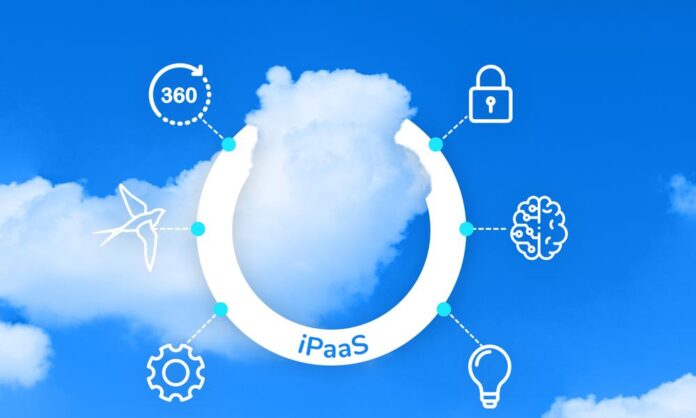iPaas, or integration platform as a service, is an all-in-one cloud solution for application developers looking to integrate their applications for the enterprise. But what is iPaas exactly? And does it work? This article will explain exactly how iPaas can save time and money for you.
Five Reasons Why iPaas is a Useful For Enterprise Architects
1. Eliminates the Need for ESB
If you’re not familiar with an Enterprise Service Bus (ESB), it’s a software-as-a-service platform that allows companies to connect disparate systems. It’s typically used by enterprise architects who want to create a central hub for data and information from various sources, but it’s not required for iPaas.
Why? Because iPaas is designed to do what exactly ESBs can do—and more. For example, every time a new app or system comes online, you don’t have to worry about connecting that data source back into your record system. With iPaas, the process is automatically updated in real-time as soon as new apps are deployed or existing ones receive updates. The same goes for when employees update their profiles or change roles within an organization: The changes are reflected across all systems instantly, so everyone has access at all times!
2. Inexpensive cloud option
iPaaS can be used as a cost-effective alternative to traditional enterprise architecture. Traditional EA solutions require significant infrastructure and hosting resources that are usually purchased from third-party vendors. Often this can become expensive and time-consuming, especially if the company has to upgrade its existing infrastructure every few years due to changes in technology or business requirements. In contrast, iPaaS is cloud-based, so it doesn’t require any hardware or software installation costs because all of those things are hosted by the vendor providing the service (Microsoft).
In addition to being cheaper than traditional EA solutions, iPaaS offers another benefit: its ability to integrate applications without needing extensive technical knowledge about development platforms like Java or C#/.NET frameworks like ASP.NET Core MVC.*
Check out: How to Successfully Implement a CMMS
3. iPaas Saves time and money
iPaas is a simple, fast, and inexpensive way to integrate applications. It provides a cloud-based platform that allows you to build and deploy enterprise applications using a microservices architecture quickly. iPaas takes care of the infrastructure so that you can focus on building your app. You don’t need a DevOps staff or dedicated developers; iPaas has an application store where you can find pre-built apps or use blueprints or templates to create custom ones. This means that it’s easy to integrate applications into your existing IT environment—and it won’t cost a fortune either!
4. iPaas Breaks down silos
As a project architect, you probably have a lot on your plate. You’re the one who has to make sure that your enterprise architecture (EA) strategy sticks, and that can be not easy when there are so many moving pieces.
iPaaS allows for integration with other previously siloed systems or incompatible with each other. When these disparate systems are integrated through iPaaS, it allows for better communication between different departments and organizations within an enterprise. It also helps break down silos by allowing teams from different departments to work together more easily than before.
5. Flexible and customizable
iPaas offers several benefits that make it a great choice for enterprise architects. One such benefit is its flexibility and customizability, allowing you to use iPaas to meet your business needs.
For instance, if you need an application integration solution but don’t have the time or resources to build one yourself, iPaas can help! Using its flexible architecture and open APIs, iPaas makes it easy for you to integrate different applications into your existing IT environment. You can also connect iPaas with cloud providers—from AWS and Azure to Google Cloud Platform—and on-premise systems through RESTful APIs.
iPaas is a Fast, Simple Way to Integrate Applications in the Cloud
If you don’t know what iPaas is, you need to know that iPaas is a fast, simple way to integrate applications in the cloud. iPaas is a cloud-based platform that allows you to connect your applications, data, and users. It enables you to design, build and deploy applications quickly and easily.
iPaas makes it easy for business stakeholders (such as finance or IT) to quickly connect their existing systems with new ones built or purchased from external partners. This can save time during the development process by reducing the need for custom integrations between different platforms.
Conclusion
Remember, integration is an ongoing process, and you don’t have to do it all at once. Start small with one or two applications and then build on that foundation over time.

